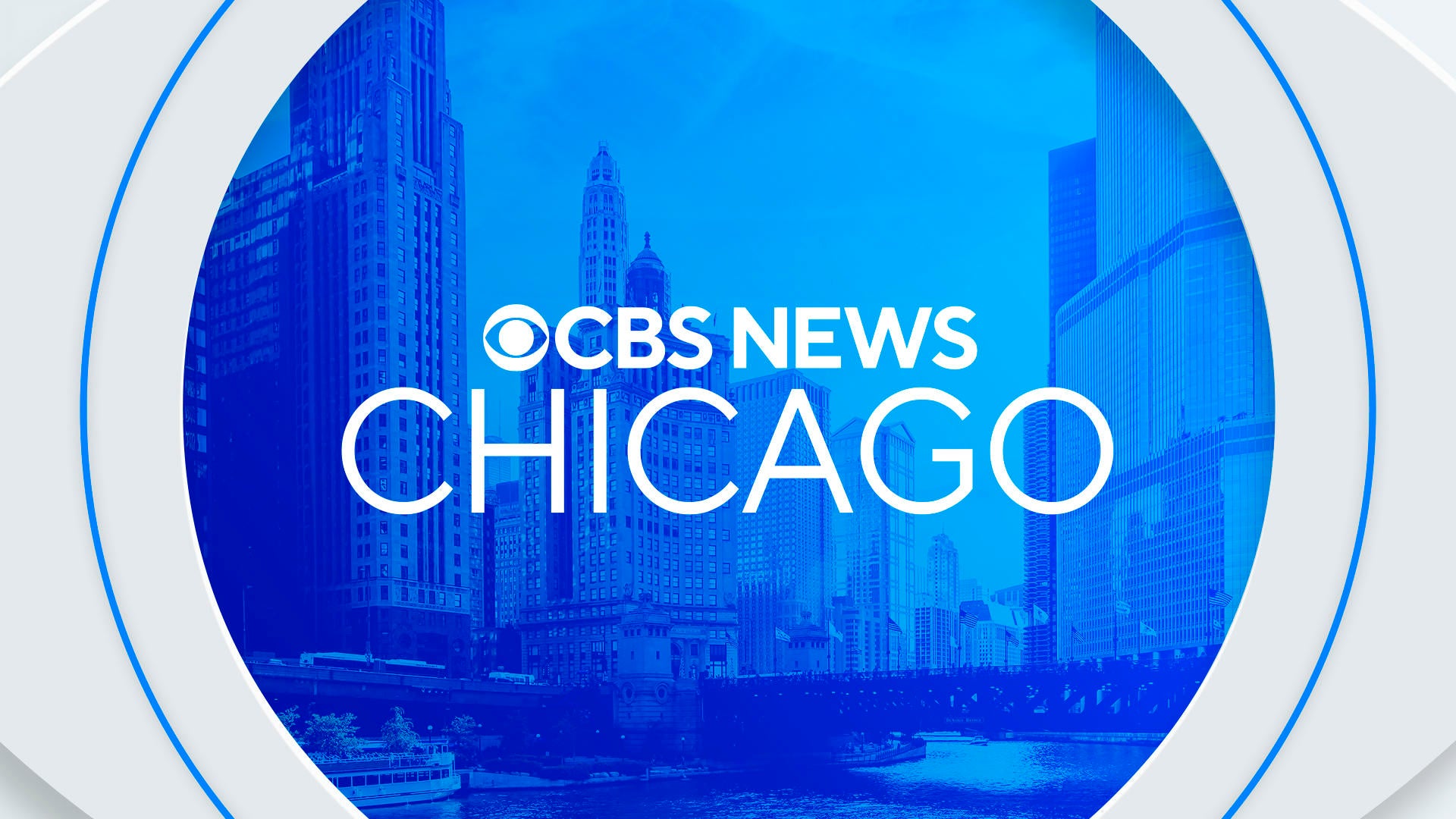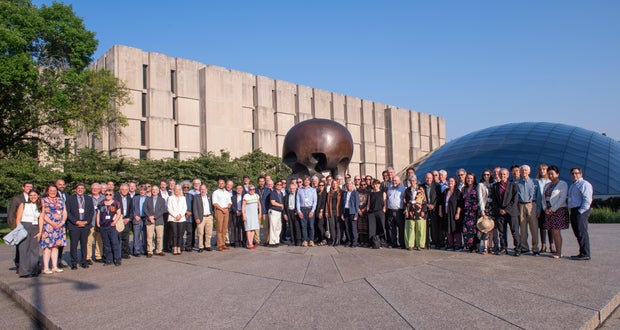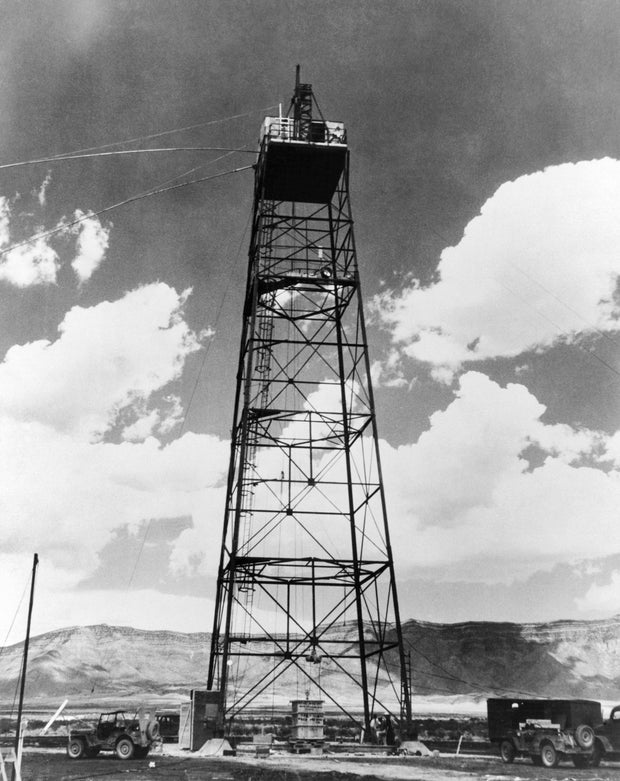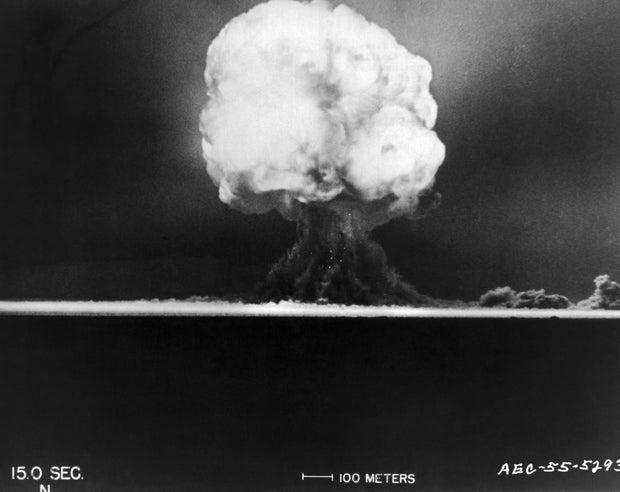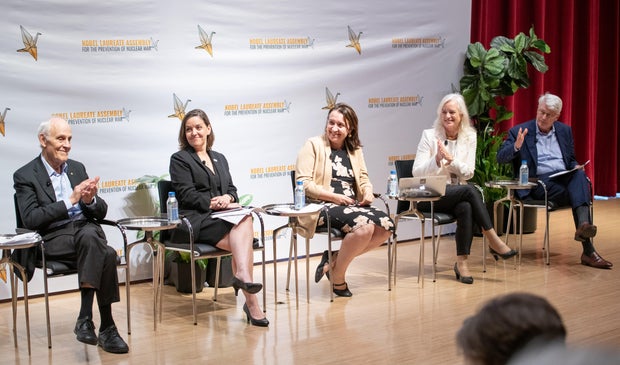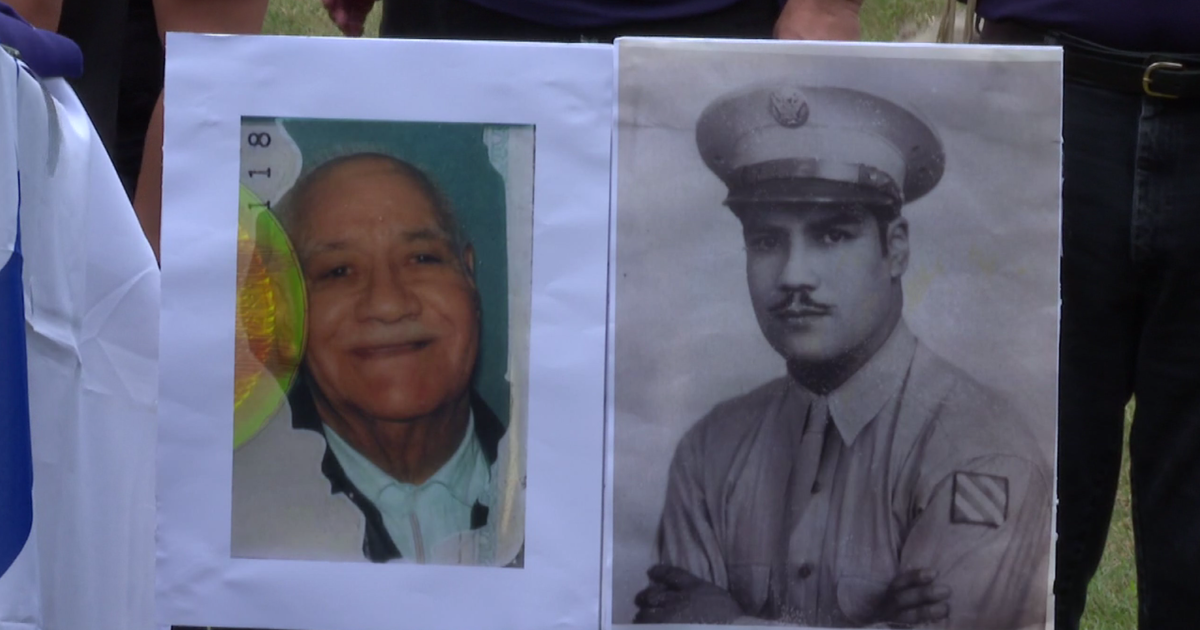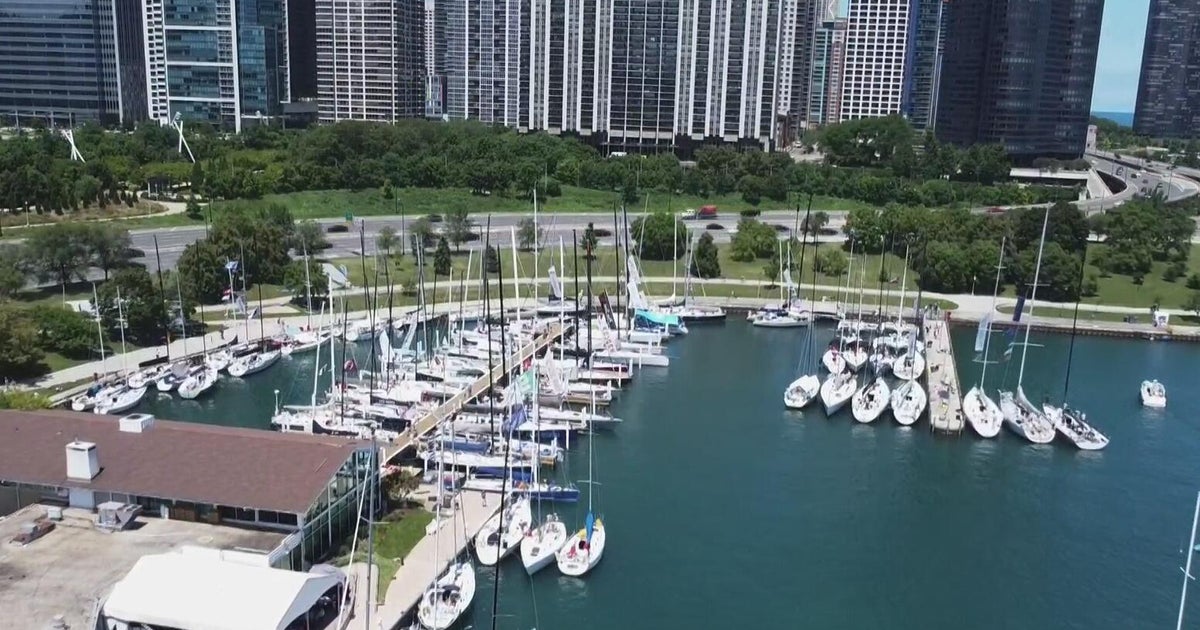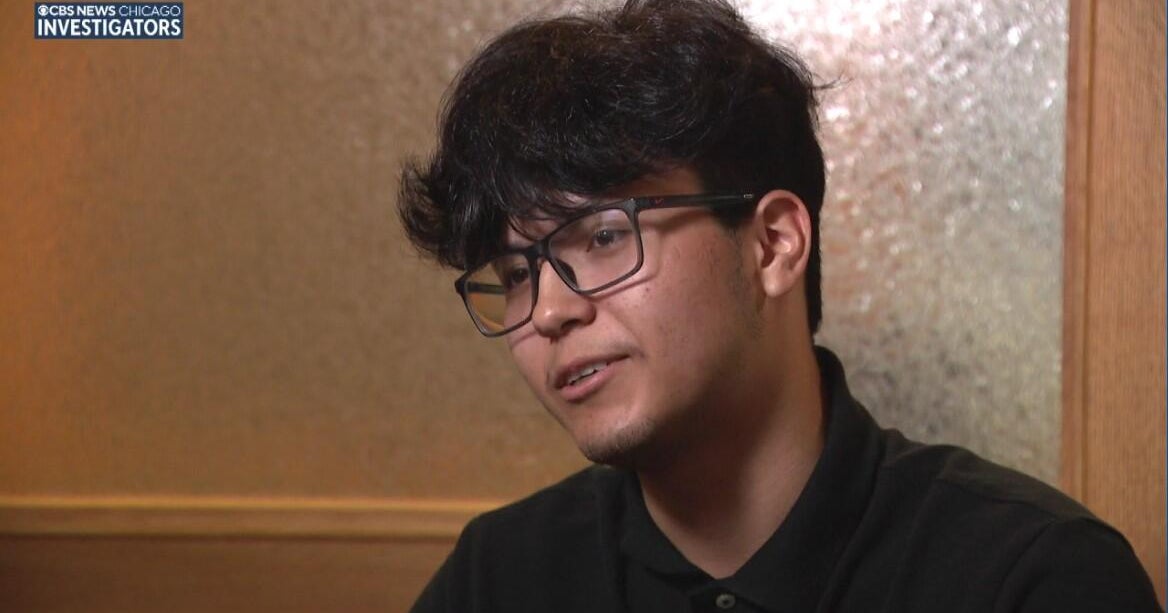Nobel Laureates, experts gather at University of Chicago, call for action to avert nuclear war
Nobel Laureates and leading nuclear experts this week to discuss the continuing dangers of nuclear war and the need for prevention.
Experts warned at a panel discussion Wednesday that the threat of nuclear war is increasing — but unlike in years past, many are oblivious to the threat.
The laureates and other participants held closed-door discussions Monday through Wednesday, on topics such as the effects of nuclear war with threats having "only grown in volume and complexity," how nuclear risks can be reduced or exacerbated by AI and other emerging technologies, and the history and future of nuclear close calls.
Also addressed in the closed-door discussions was the threat of a nuclear winter that could potentially end civilization after a nuclear war — described by the Bulletin of Atomic Scientists as "a significant and lasting cooling of the Earth that could be caused by massive amounts of smoke that cities immolated by a nuclear attack inject into the stratosphere."
"Needless to say, it's a uniquely dangerous time, and there's been a growing awareness that that's the case," University of Chicago astrophysicist Daniel Holz said in a news article from the Bulletin of Atomic Scientists. "And one of the main issues is, as the dangers have been increasing, I think the world's attention has been distracted by other things."
At a public discussion Wednesday at UChicago's David Rubenstein Forum, theoretical physicist and 2004 Nobel Prize winner David Gross noted past cautionary declarations on nuclear proliferation and the risks of nuclear war going back seven decades.
Gross noted that in 1955, physicists Werner Heisenberg and Max Born signed a declaration at Mainau Island in the far southwest of Germany, reading in part: "With pleasure we have devoted our lives to the service of science. It is, we believe, a path to a happier life for people. We see with horror that this very science is giving mankind the means to destroy itself."
Gross emphasized that 70 years later, this threat has not gone away. Just last year, 30 Nobel Prize Laureates gathered again at Mainau with a renewed warning: "In today's fragmented and polarized world, there is a significant probability that, either by accident or by deliberate act, these horrible weapons may be used — with the likelihood of the end of human civilization as we know it."
The purpose of the discussion at the University of Chicago this week was to come up with
Lessons learned from the Trinity test 80 years ago Wednesday
The event Wednesday coincided with the 80th anniversary of the Trinity test, in which the first nuclear bomb was detonated in the New Mexico desert under observation of scientists from the Manhattan Project — the secretive World War II program to develop the first nuclear weapons.
Enrico Fermi, who had led the team that developed the first self-sustaining chain reaction at the University of Chicago in 1942, was among the Manhattan Project scientists present for the Trinity test on July 16, 1945 — along with Los Alamos Laboratory director J. Robert Oppenheimer, test director Kenneth Bainbridge, and several others.
Dr. Robert Floyd, executive secretary of the Comprehensive Nuclear-Test-Ban Treaty Organization, emphasized that a ban on nuclear testing is crucial to averting the risk of nuclear war in the future.
As recounted by the , the test took place at a site in the Alamogordo Bombing Range, 210 miles south of Los Alamos, New Mexico. A plutonium device called "Gadget" was hoisted upon a 100-foot tower and detonated at 5:30 a.m. local time.
The detonation vaporized the tower on the spot, and turned the asphalt and sand around it into green glass called "trinitite," the Air Force Nuclear Weapons Center noted. Meanwhile, seconds after the explosion, a huge blast "sent searing heat across the desert, knocking observers to the ground," the Air Force said.
"Fermi proposes a wager that alarmed the guards — would the atmosphere itself catch fire, destroying the planet? Would anyone take the bet? Fortunately, that didn't happen," Floyd said. "But when the Gadget explodes, nothing like it has been seen in the Earth's 4.5-billion-year history — a vast explosion."
Floyd talked about the development of nuclear weapons in terms of the human impulse to defy and defeat limits. He compared it to some of the most powerful narratives in ancient Greek mythology.
"Prometheus defies the gods. He steals fire for us mortals. Pandora opens a box. Icarus is warned, 'Don't fly so high,' but higher and higher he goes," he said. "The common theme of these stories, the timeless urge to go beyond the limit of what we might know or what we're allowed to do."
Floyd noted that with the enactment of a partial ban on nuclear testing in 1963, the establishment of the Nuclear Non-Proliferation Treaty in 1968, and the United Nations General Assembly adopted the Comprehensive Nuclear-Test-Ban Treaty in 1996, nuclear weapons testing has all but stopped. But Floyd noted that nine nations — among them the U.S., Russia, and China — have not yet ratified the 1996 treaty, though those three nations have all signed it.
"Yet still, the world faces dangerous challenges, the likes of which have not been seen for decades," Floyd said. "Among so many risks, one risk stands out — the one that major nuclear weapons states might return to testing," Floyd said. "That would be catastrophic."
But the experts speaking Wednesday identified far more risks besides a resumption of nuclear testing. Gross said the threat of mutually assured destruction that has long stood as a deterrent to nuclear weapon use cannot be depended upon in perpetuity.
Recommendations for averting a nuclear threat
"While the only way to truly eliminate the risks of nuclear war is to eliminate nuclear weapons, there are important, timely steps that can support the longer-term effort to achieve nuclear disarmament," the laureates and experts at the assembly wrote in their latest declaration issued Wednesday.
With that in mind, the Nobel Laureates and experts issued a series of "pragmatic actions."
Alexandra Bell, president and chief executive officer of the Bulletin of Atomic Scientists, noted that the U.S. and Russia together possess about 90% of all nuclear weapons — and next year, the current strategic arms reduction treaty between the countries is set to expire. The assembly called upon the U.S. and Russia to "immediately enter into negotiations on a successor to the 2010 New Strategic Arms Reduction Treaty, remain committed to the treaty's central limits in the meantime, and expand dialogue to address their full nuclear arsenals."
Bell also noted that China is rapidly expanding its nuclear arsenal. The assembly also called on China to "immediately enter into substantive and sustained discussions" about its nuclear weapons, and called on all nuclear-armed states to hold dialogues about their arsenals "without preconceived notions of outcomes."
Bell also said the placement of nuclear weapons in space is a major danger. With that in mind, the assembly called on all nations to reaffirm the obligations of the Outer Space Treaty, which prohibits any objects carrying nuclear weapons from being placed in the Earth's orbit, placed on celestial bodies, or otherwise stationed in outer space.
The assembly also called for expanded lines of communication between nuclear states given the risk of possible nuclear accidents or miscalculations, and dialogue about the "scientific, legal, and military implications" of the use of technology such as AI among nuclear-armed states.
Further, the assembly called for increased decision-making timelines for "determining the reliability of information received and the prudence of any decision on whether to use military force," and a rule that at least two people are involved in any decision on the use of nuclear force.
Francesca Giovannini, executive Director of the Project on Managing the Atom at the Harvard Kennedy School's Belfer Center for Science & International Affairs, also called for an emphasis on humanity.
"We are all connected in making sure that a nuclear war is never, ever fought," Giovannini said.
Scott Sagan, a political science professor at Stanford University, outlined some specific events that could make nuclear proliferation worse. For one, he said that if Ukraine "loses badly and loses its sovereignty" in its war with Russia due to nuclear threats by the latter country, other countries will be inspired by Russia's example to obtain nuclear weapons.
Sagan also said what happens with the nuclear program in Iran in the future, and whether Iran gets nuclear weapons, will determine the future of nuclear proliferation among other countries in the Middle East. He said if Iran becomes a nuclear power, Saudi Arabia will also likely get nuclear weapons, and Turkey will also be interested.
Meanwhile, Gross noted that most people under 40 who did not live through the most anxiety-ridden days of the Cold War are not really afraid of nuclear weapons anymore and know "nothing, by and large," about the threat — while in past generations, demands for nuclear disarmament involved people marching in the streets.
"Why did they march in the streets?" Gross said. "They were scared. In my opinion, the main motivation for the advancing in reducing the risk of Armageddon was the fear of a large number of people throughout the world who demanded from their leaders to act."
He also noted that no politicians in power or running for office are about nuclear war.
"It's astonishing," said Gross. "Our recommendations are great, but without the political will behind them, nothing will happen."
The declaration issued Wednesday concluded: "There is no greater obligation than to prevent the catastrophe of nuclear war. These actionable and attainable steps will aid global leaders in this solemn task. We ask that they each be guided by the words of Nobel Laureates Bertrand Russell and Albert Einstein: 'We appeal as human beings to human beings: remember your humanity, and forget the rest.'
"Our survival and the survival of future generations are at stake."
On Wednesday evening, the assembly also sponsored a performance by the Kronos Quartet and Allison Russell of Bob Dylan's "A Hard Rain's a-Gonna Fall" at UChicago's Logan Center for the Performing Arts.

